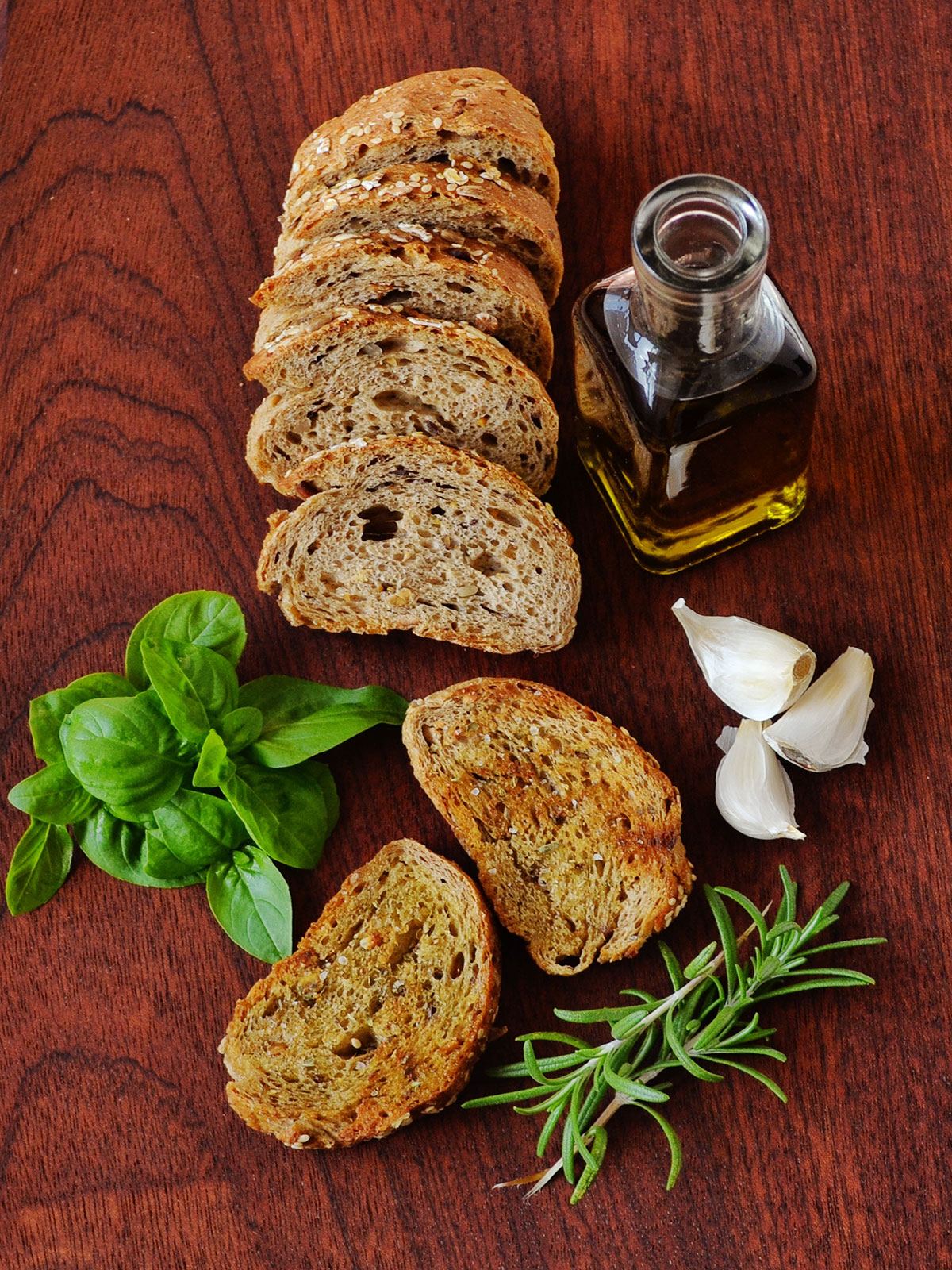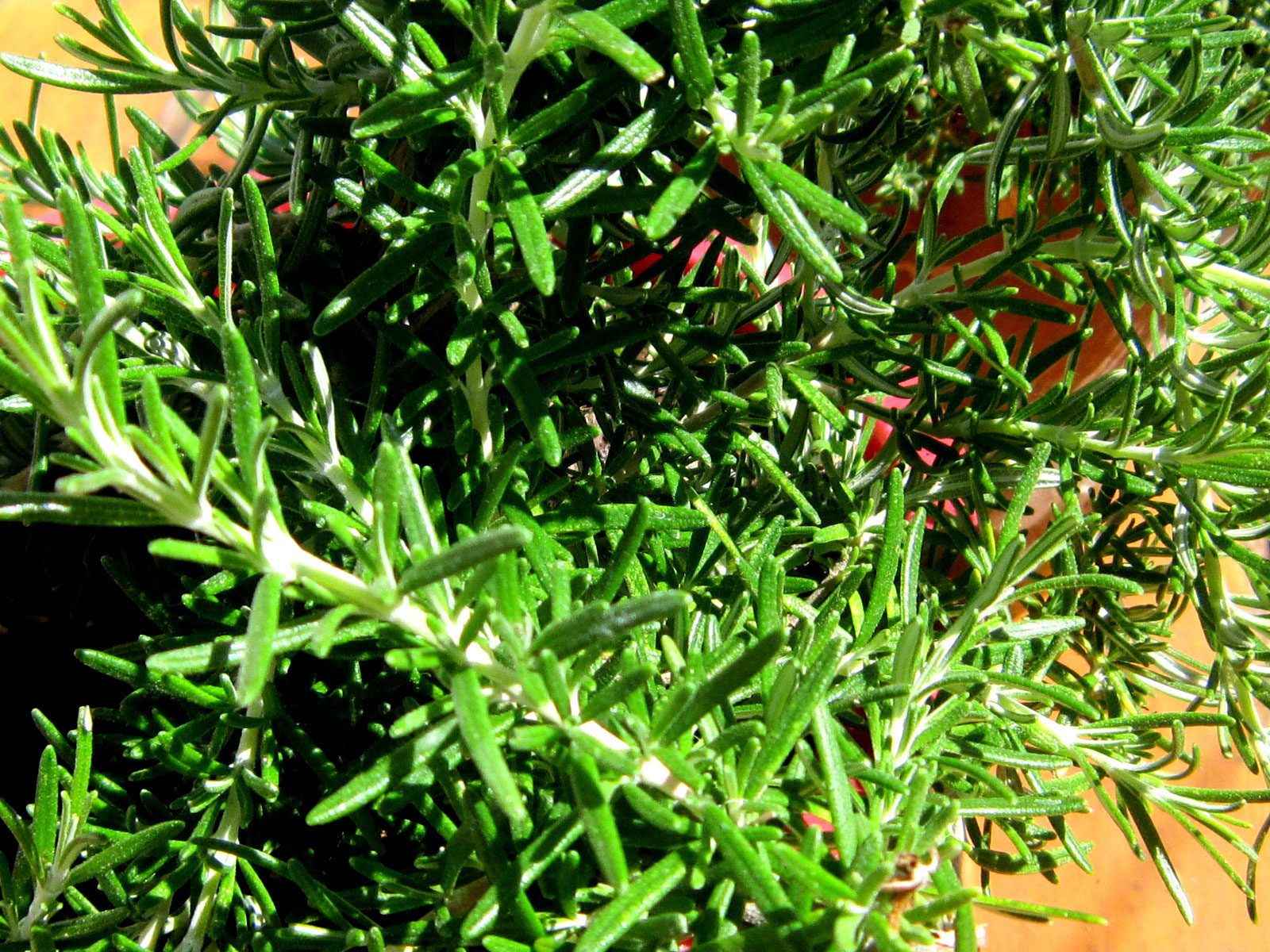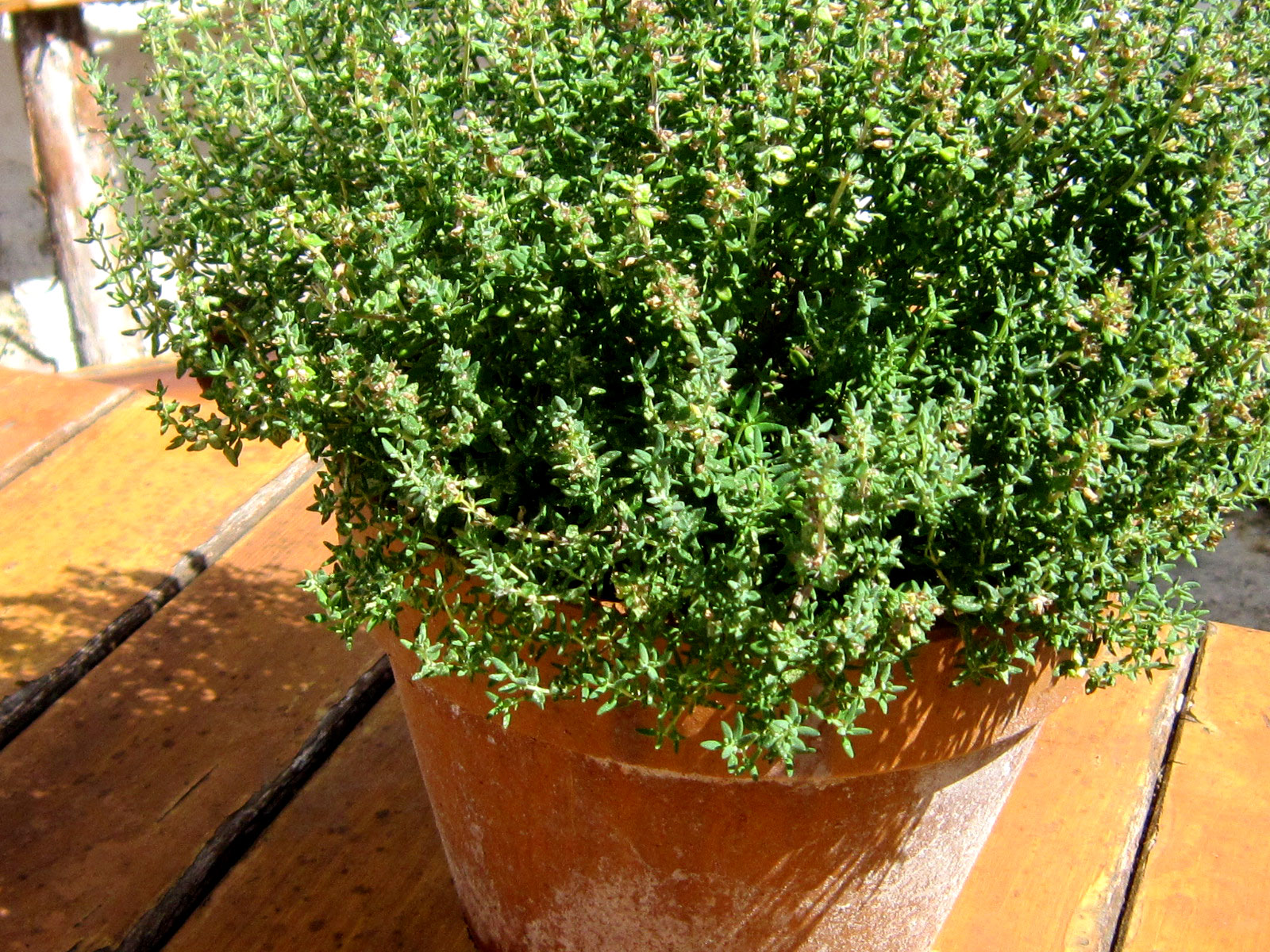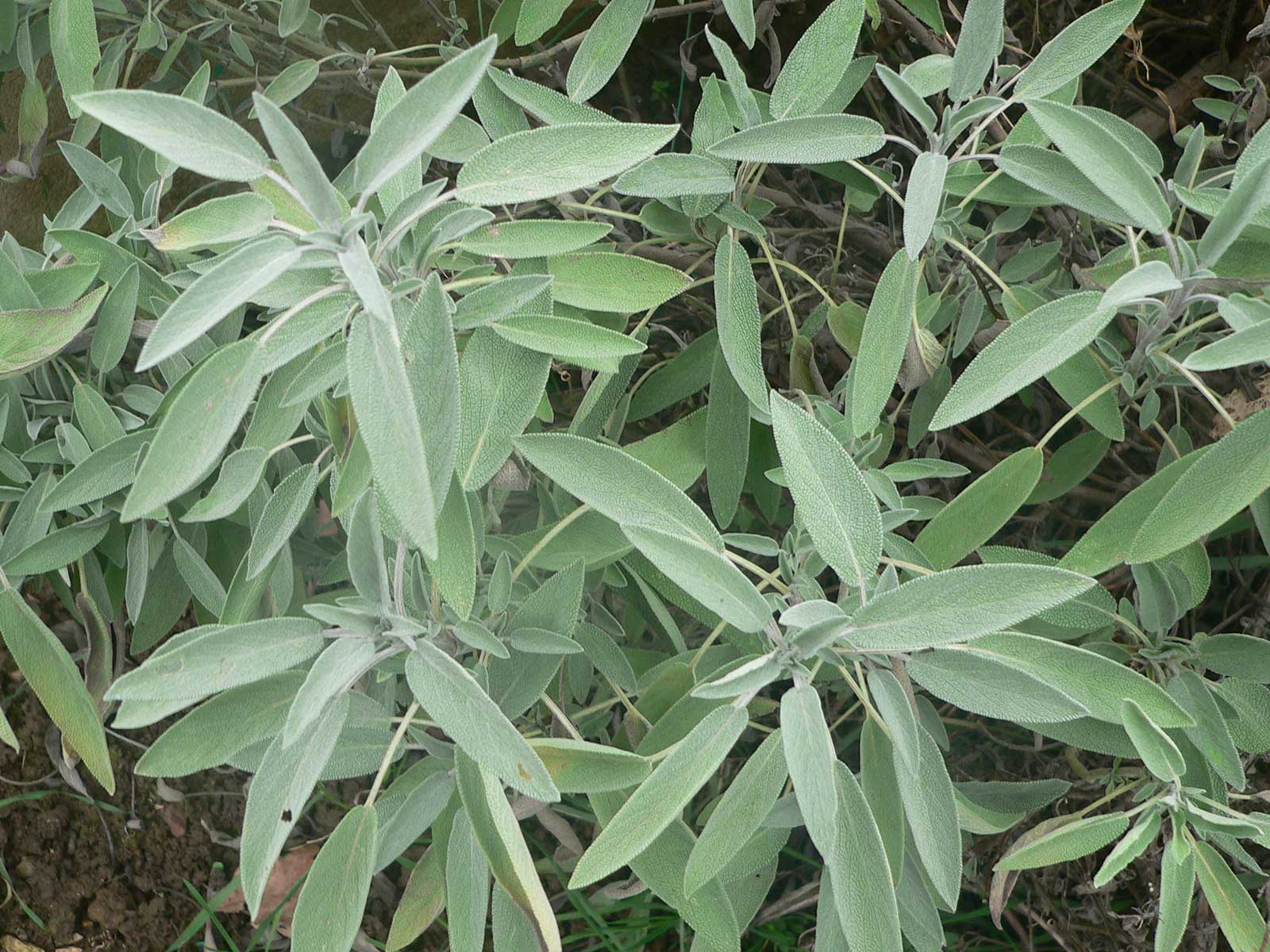Dried Rosemary Info
| Fresh Weight (cuttings) | 100 Grams |
| Dried Weight (leaves only) | 14.5 Grams |
| Prep Time | 20 minutes |
| Drying Time | 4-8 hours |
| Drying Temperature | 115 |
| Health Benefits | Brain Function, cancer, eye health, digestion |
| Season | Perennial evergreen |
Ways to Use Dried Rosemary
- Make Rosemary Tea
- Add flavour to your Cooking
- As a Medicinal treatment
- As an Insect repellent
- Added to Potpourri
- Make Rosemary Vinegar
Varieties
Rosemary is an evergreen shrub belonging to the mint family Lamiaceae. Many other herbs including oregano, thyme, basil and lavender also belong to this family.
It is available in two varieties, upright or creeping. Both are edible, and both are used for their health and medicinal benefits, as well as their fragrance and taste.
The Latin word rosmarinus is what originally gave Rosemary its name. The word means “Dew of the Sea”, probably because the herb first grew close to the shores of the Mediterranean.


Nutrition
Rosemary contains a number or essential nutrients, including:
Fibre
Iron
One tablespoon of dried rosemary delivers 12 percent of the RDA of iron for men and 5.3 percent for women.
Iron is necessary for the synthesis of red blood cells and adenosine triphosphate, or ATP, the primary cellular energy source. Lack of iron can result in anaemia or the development of some neurological conditions such as attention-deficit hyperactivity disorder.
Calcium
One tablespoon of dried rosemary supplies about 4.2 percent of the RDA of calcium.
Calcium is necessary for a number of essential body functions including:
- The growth, development and maintenance of bones and teeth.
- Regulating muscle contraction
- Triggering enzymes involved in blood coagulation.
Folate
One tablespoon of dried rosemary contains 10 micrograms of folate (also known as folic acid or vitamin B-9), which is about 3 percent of the RDA.
Folate is essential for
- The health and proper function of the nervous system
- The metabolism of carbohydrates, fats and protein.
- The production of red blood cells, DNA and RNA.
Benefits
Antioxidants
Antioxidants play an important role in neutralizing harmful particles called free radicals. This helps to boost the immune system and improve blood circulation.
Indigestion
Historically rosemary has been used to treat indigestion, and has been approved by Germany’s Commission E (the German equivalent of the Food and Drug Administration (FDA)) as a treatment for indigestion, although there is no solid scientific evidence to support its effectiveness.
Brain Function
There is some evidence to suggest that rosemary is good for the brain.
- It apparently contains an ingredient called carnosic acid, which is able to fight off damage by free radicals in the brain.
- Research mentioned in Therapeutic Advances in Psychopharmacology points to the aroma from rosemary being able to improve a person’s concentration, performance, speed, and accuracy and, to a lesser extent, their mood.
- Studies with rats suggests that rosemary appears to protect against brain damage and might improve recovery after a stroke.
- Research is ongoing as to its ability to help prevent ageing of the brain and in the prevention of Alzheimer’s
Cancer
There is also some encouraging news about the benefits of rosemary in the fight against cancer.
- Some recent researchsuggests that crude ethanolic rosemary extract could slow the spread of human leukaemia and breast cancer cells.
- Another study suggests that rosemary may be useful as an anti-inflammatory and anti-tumour agent.
- Lastly a report that appeared in the Journal of Food Science entitled “Effects of Rosemary Extracts on the Reduction of Heterocyclic Amines in Beef Patties” concluded that rosemary extract can diminish the carcinogenic elements that can arise during the cooking process.
Macular Degeneration
The Sanford-Burnham Medical Research Institute published an article in the Investigative Ophthalmology & Visual Science journal revealing that the carnosic acid in rosemary can significantly improve eye health.
This suggests it could be used in the prevention and treatment of macular degeneration (the most common eye disease in the United States).



Dehydrating
Read the Dehydrating instructions for the basic gudelines on dehydrating rosemary.
In addition when harvesting Rosemary for drying here are a few tips:
- Wait until the plant has just begun to bloom to get the maximum oil content and flavour
- Don’t cut too close to the base but leave enough greenery for the plant to continue to thrive.
- To retain the strength of the aroma process the rosemary as quickly as possible and store in well-sealed containers.
To make rosemary powder follow the basic guidelines for making Powders.
Storage
Once dried, strip the leaves from the stalks. Otherwise storage instructions are the same as for other foods. Store in sealed containers in a dark area and add oxygen absorbers to help keep the contents dry.
Tip: I keep the dried stalks to add to outdoor barbeques as they add flavour to the food and keep insects at bay.




